Please update your browser
Your current browser version is outdated. We recommend updating to the latest version for an improved and secure browsing experience.
Discover our film & exhibition Releases
-
TitleA Page of MadnessTypefilmRelease Date19 Dec 2025 Recently Updated
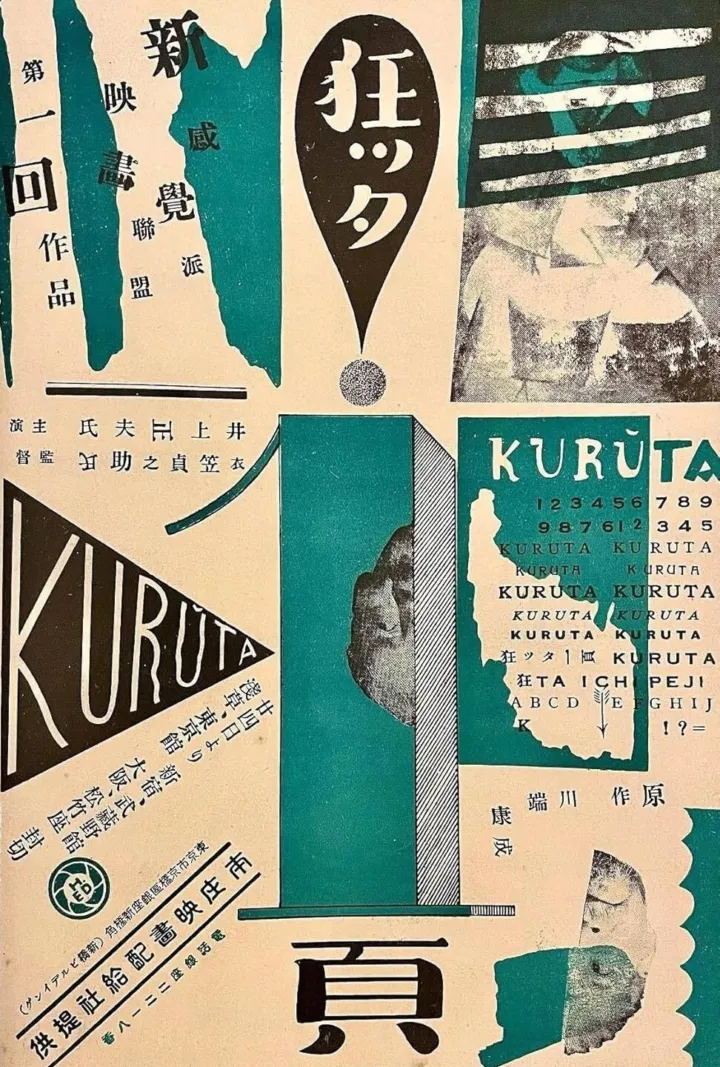
A Page of Madness is among the most inventive and surprising of all silent films. Responsive to the major currents in the art cinema of the 1920s - from German Expressionism to the propulsive montage styles of Abel Gance and Sergei Eisenstein - this intertitle-less film was an attempt to elevate Japanese cinema from theatrical constraints. Co-screenwriter (and later Nobel laureate) Yasunari Kawabata described it best: a celebration of the play, melody, and speed of light.
-
TitleMénilmontantTypefilmRelease Date12 Dec 2025 Recently Updated
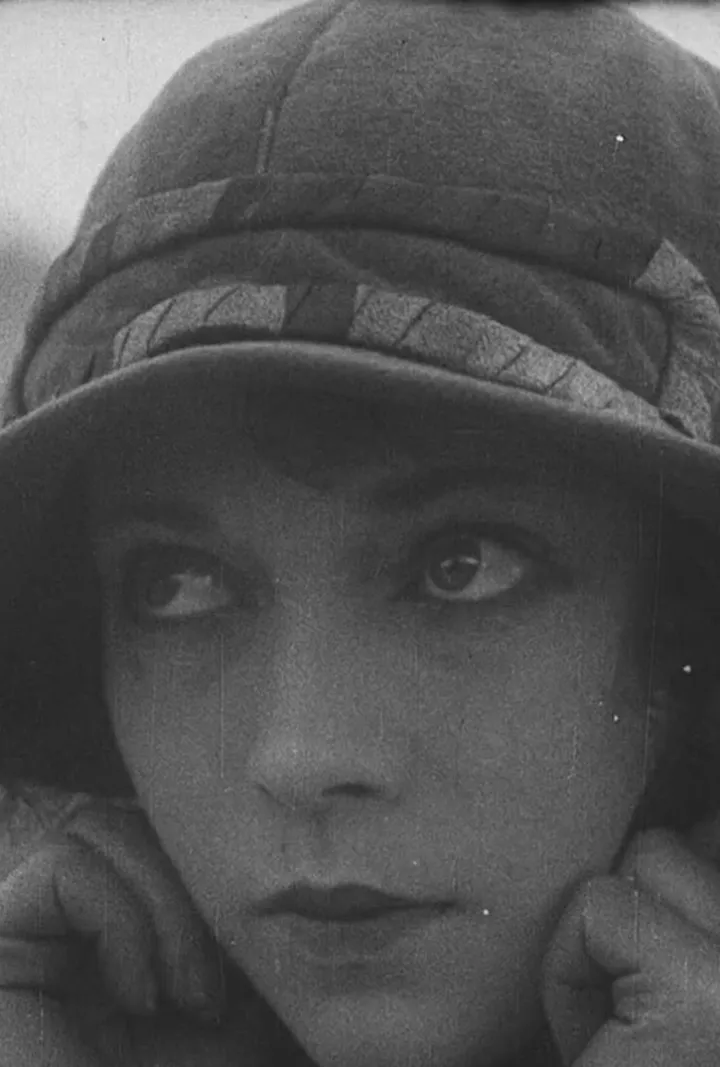
In the extraordinary Ménilmontant, Dmitri Kirsanoff replaces silent film intertitles with a lyrical form of parallel editing that imbues a simple melodrama with startling psychological force. With English subtitles.
-
TitleThe Smiling Madame BeudetTypefilmRelease Date12 Dec 2025 Recently Updated
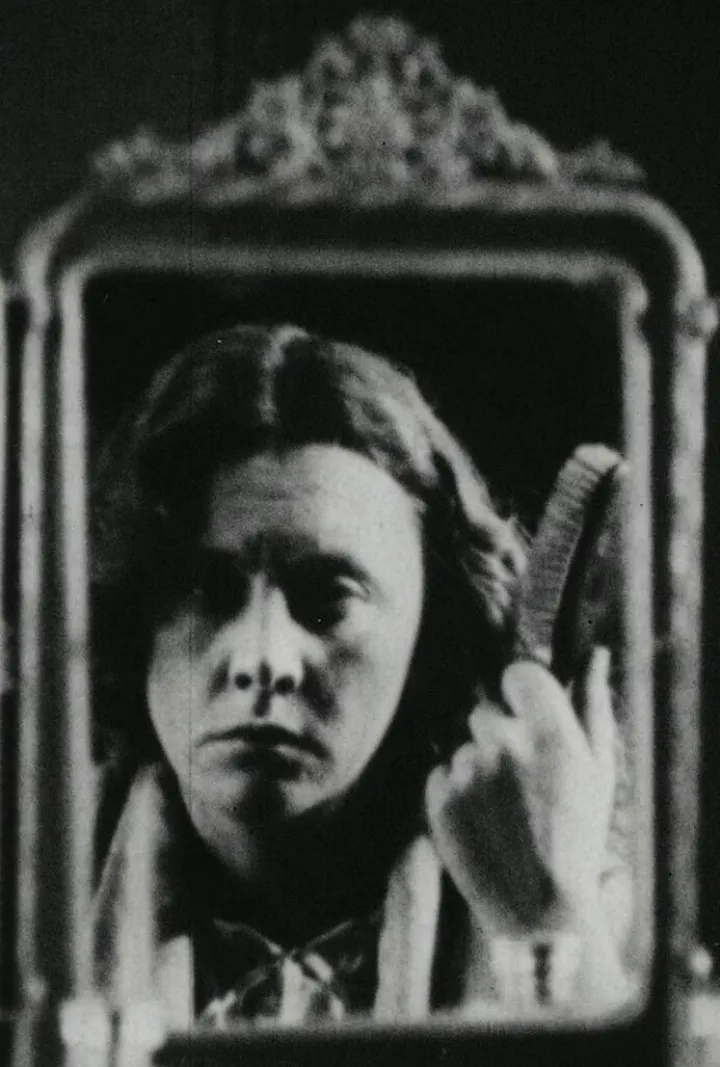
Often considered an exemplar of French Impressionism, The Smiling Madame Beudet is best understood as an exploration of subjective montage. Director Germaine Dulac began as a photographer, and her intuitive grasp of composition enables bold movements into and out of the point-of-view of a wife increasingly bored by her husband’s cruel games. With English subtitles.
-
TitleIvan the Terrible, Part 1TypefilmRelease Date28 Nov 2025 Recently Updated
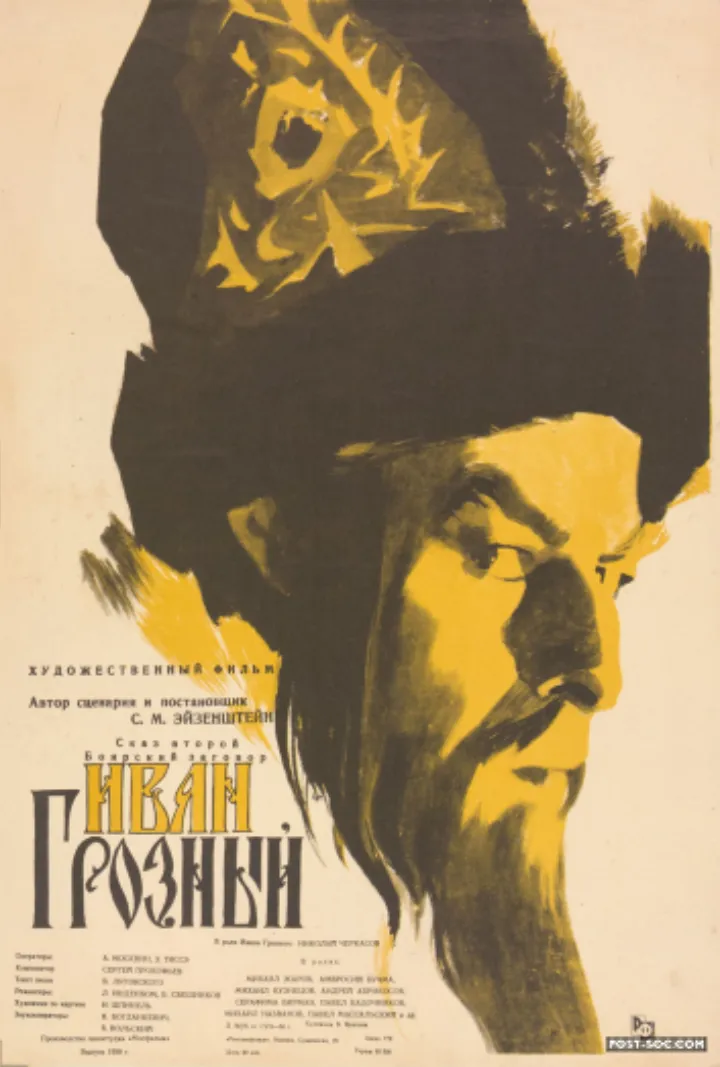
Conceived as a trilogy, Ivan the Terrible is Sergei Eisenstein's most systematic exploration of the creative possibilities of montage. Both surviving parts are operatic in tone and elaborately synchronized with an original score by Sergei Prokofiev. Shot primarily in the Alma-Ata Studios in Kazakhstan at the height of the Second World War, Eisenstein's historical epic establishes complex parallels between Russia's first tsar and Joseph Stalin. With English subtitles.
-
TitleIvan the Terrible, Part 2TypefilmRelease Date28 Nov 2025 Recently Updated
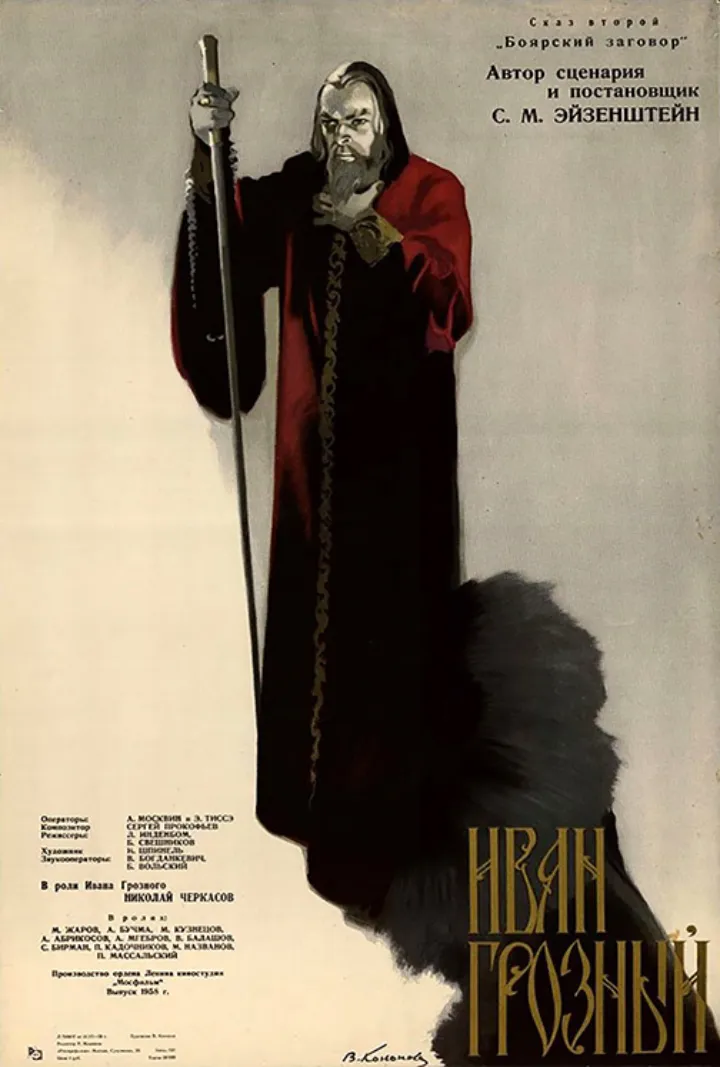
Layers of history are embedded in Ivan the Terrible, Part II, Sergei Eisenstein's extraordinary final film. A critique of the eponymous ruler's descent into paranoia, it was completed in 1946, shelved after review by Joseph Stalin, and then released posthumously during the post-Stalin Thaw (1958). The single reel of Sovcolor at the end of the film, made possible by the confiscation of German Agfacolor stock and equipment when the Red Army went into Berlin in 1945, heightens the film's startlingly carnivalesque conclusion. With English subtitles.
-
TitleMan with a Movie CameraTypefilmRelease Date21 Nov 2025 Recently Updated
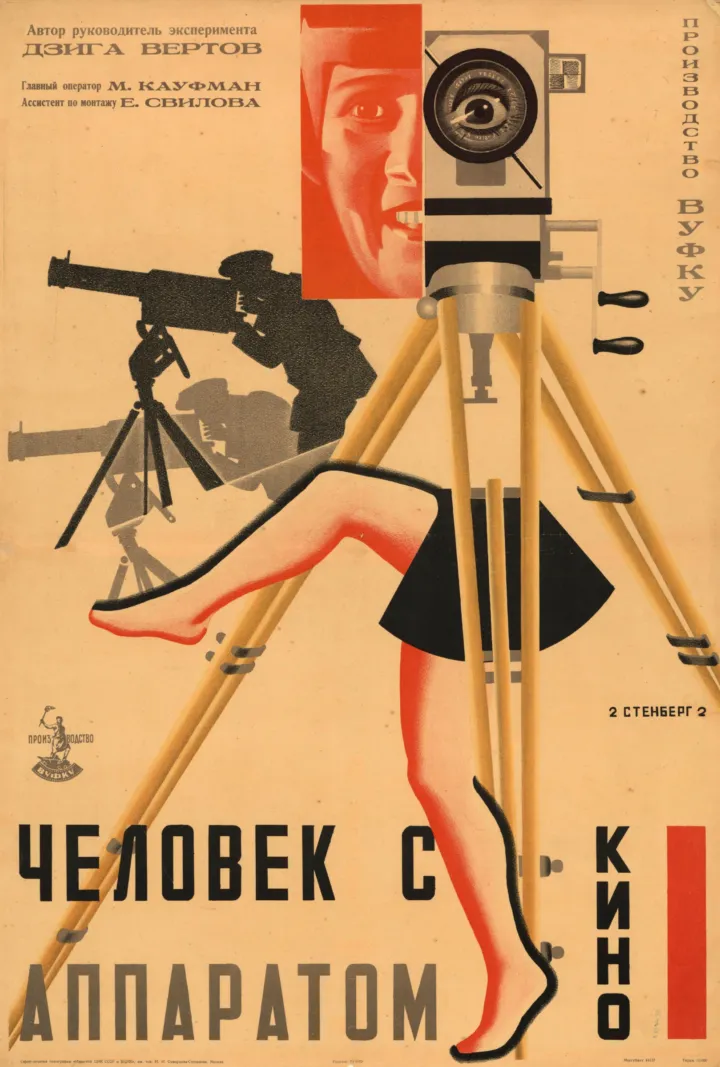
Man with a Movie Camera is the ultimate expression of Dziga Vertov’s Kino-Eye approach, a form of montage based on the editing of spontaneously captured film material. A cubistic exploration of the different aspects of filmmaking and the possibilities of "life caught unawares," it remains one of the most exhilarating films ever made.
-
TitleMelody of the WorldTypefilmRelease Date21 Nov 2025 Recently Updated
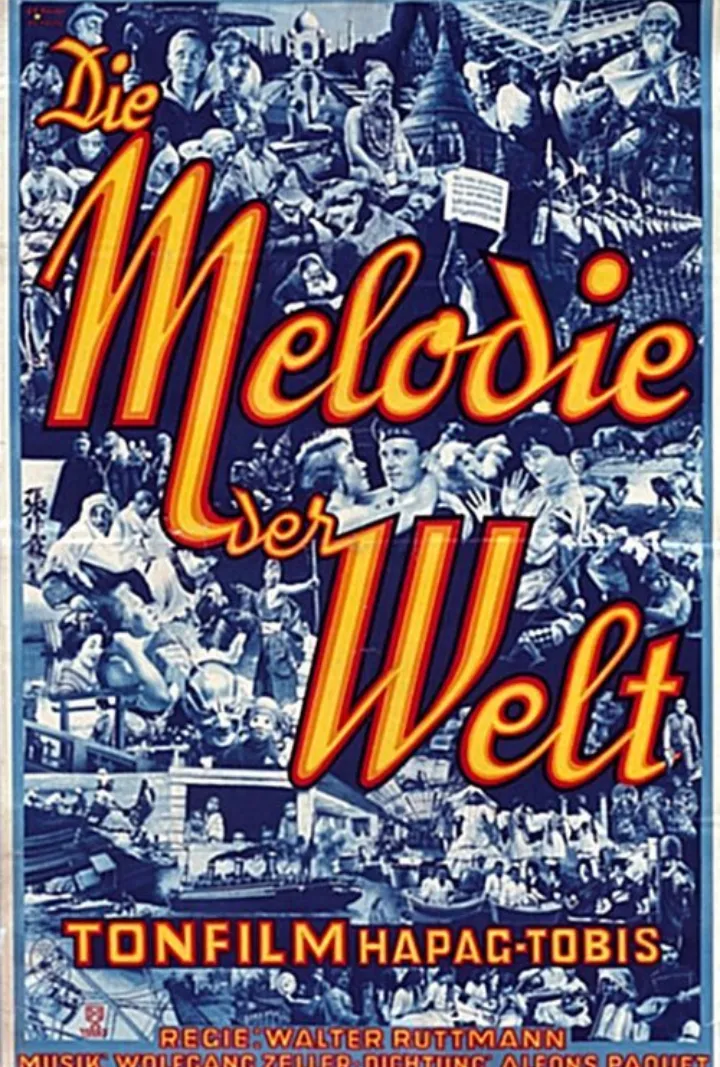
In Germany's first feature-length sound film, Walter Ruttmann develops his "city symphony" approach on a grand, global scale. Ruttmann compares, contrasts, and juxtaposes documentary and fictional material shot by four cinematographers in a wide range of countries. The result is a continually surprising montage celebration of human creativity and industry.
-
TitleIntoleranceTypefilmRelease Date14 Nov 2025 Recently Updated
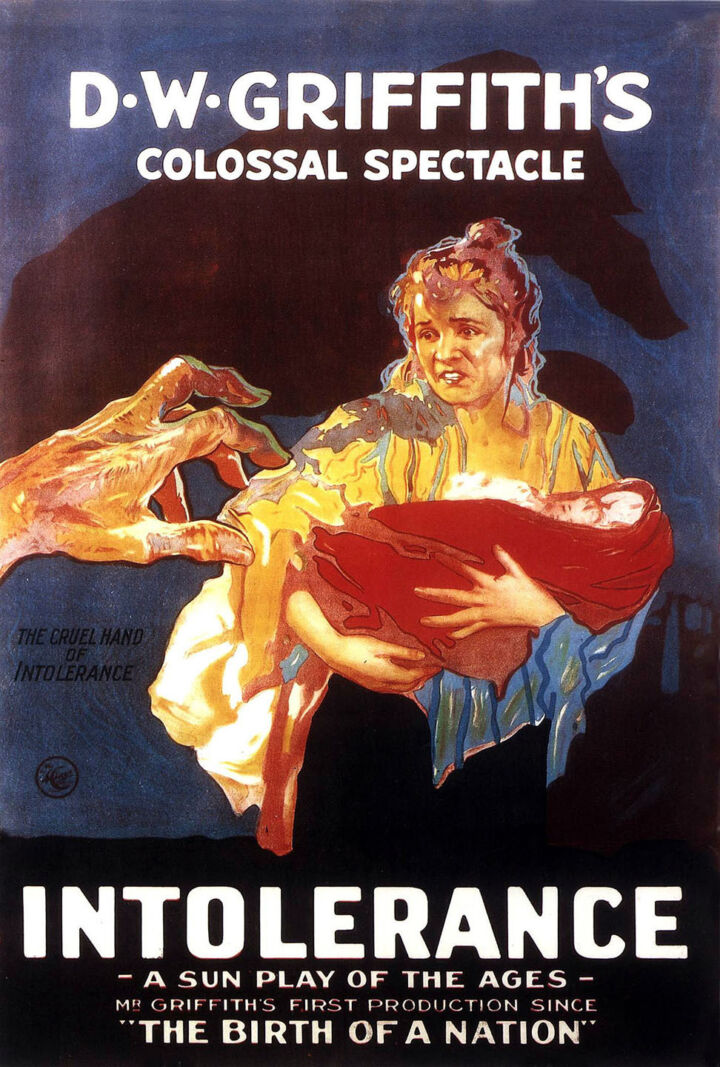
Intolerance is the most ambitious and influential film of the 1910s. Griffith’s conceptions became grander and more utopian as the decade progressed, and he claimed at one point that cinema was a "universal language, a power that can make men brothers and end war forever.” Four different time periods (ancient Babylon, the Passion of Christ, the St. Bartholomew’s Day Massacre, and 1910s America) are intercut as if they were like “four currents, [flowing] side by side.” Presented in a tinted and toned restoration with a full orchestral score.
-
TitleLeaves from Satan's BookTypefilmRelease Date14 Nov 2025 Recently Updated
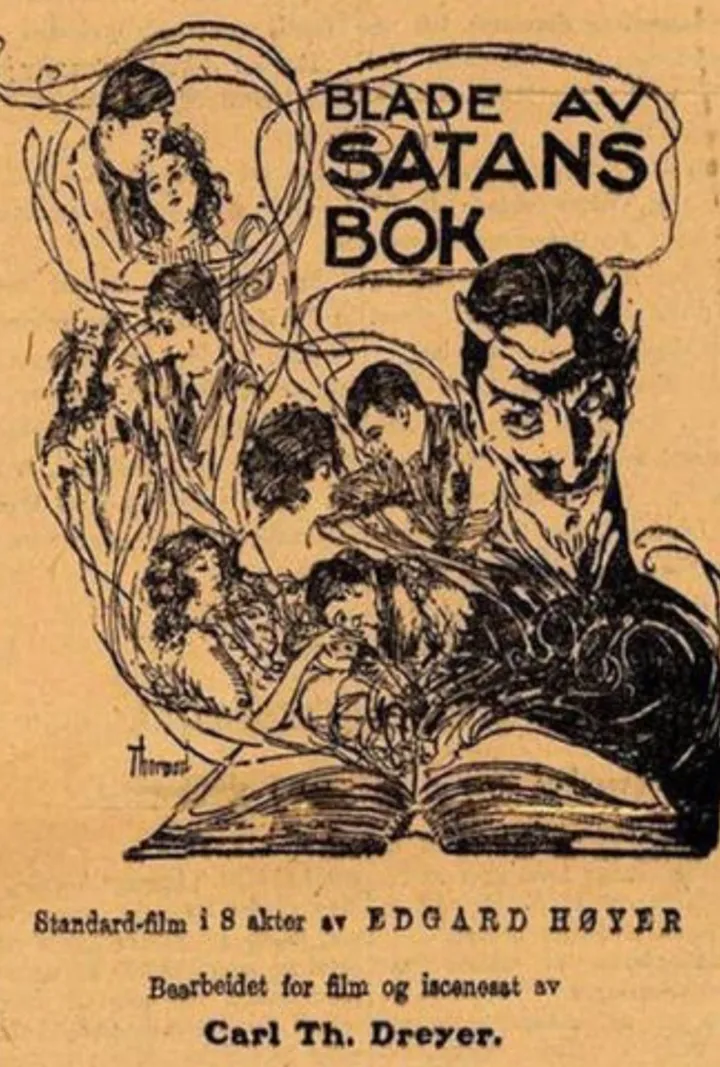
Danish director Carl Theodor Dreyer's third film links events across time and space in the manner of D. W. Griffith's Intolerance (1916). Like the figure of Death in Fritz Lang's Destiny (1921), Satan appears in each of the four distinct historical episodes: the Passion of Christ, the Spanish Inquisition, the French Revolution, and the Finnish Civil War (1918). As in Lang's film, supernatural elements are fused with theatrical realism to explore the boundary between life and death. With English subtitles. Restored by the Danish Film Institute.
-
TitleEdvard MunchTypefilmRelease Date07 Nov 2025 Recently Updated
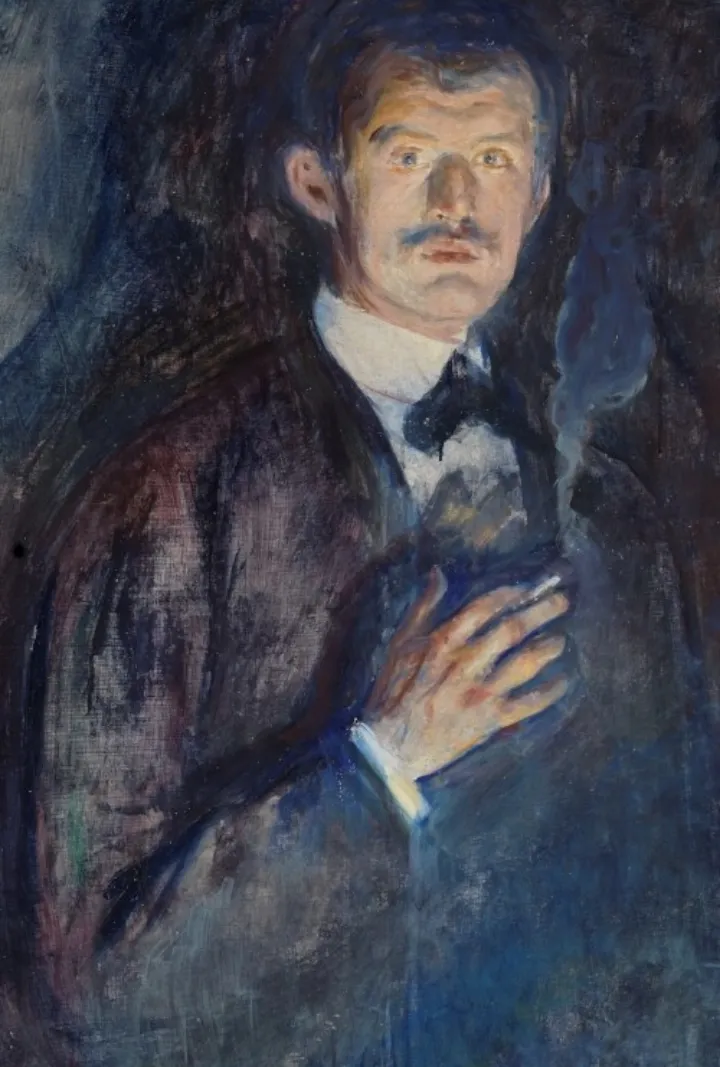
Edvard Munch is a multilayered portrait of both the eponymous artist and his world. British director Peter Watkins precariously balances intimacy and distance through a dense montage style in which imagery gains meaning and resonance through repetition. Ingmar Bergman rightly considered the film to be one of the greatest depictions of Scandinavian life during the period of cinema's emergence. This is the unabridged version, with narration by Watkins and English subtitles.
-
TitleMontageTypeexhibitionRelease Date30 Oct 2025 Recently Updated
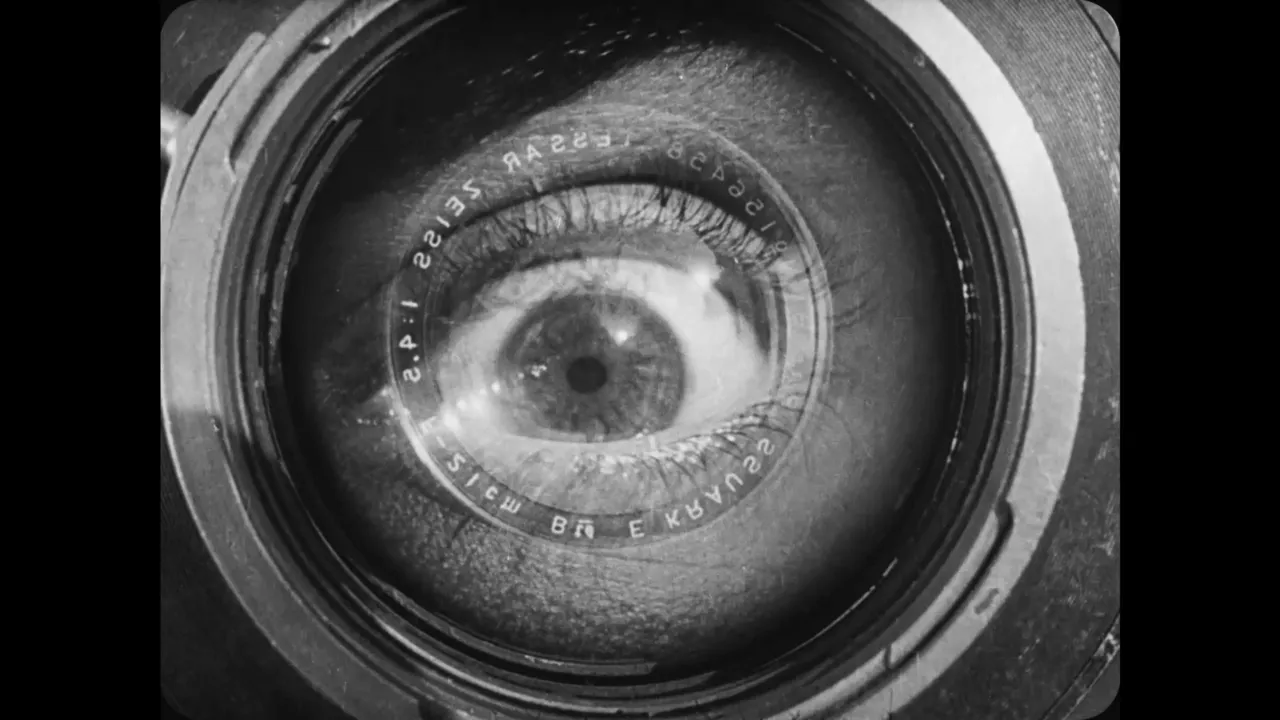
Discover some of the bold ways adventurous editing has been used to transform space, change perceptions, and introduce new creative possibilities.
TypeTheme -
TitleDisagreeable Truths (Unfinished)TypefilmRelease Date17 Oct 2025 Recently Updated
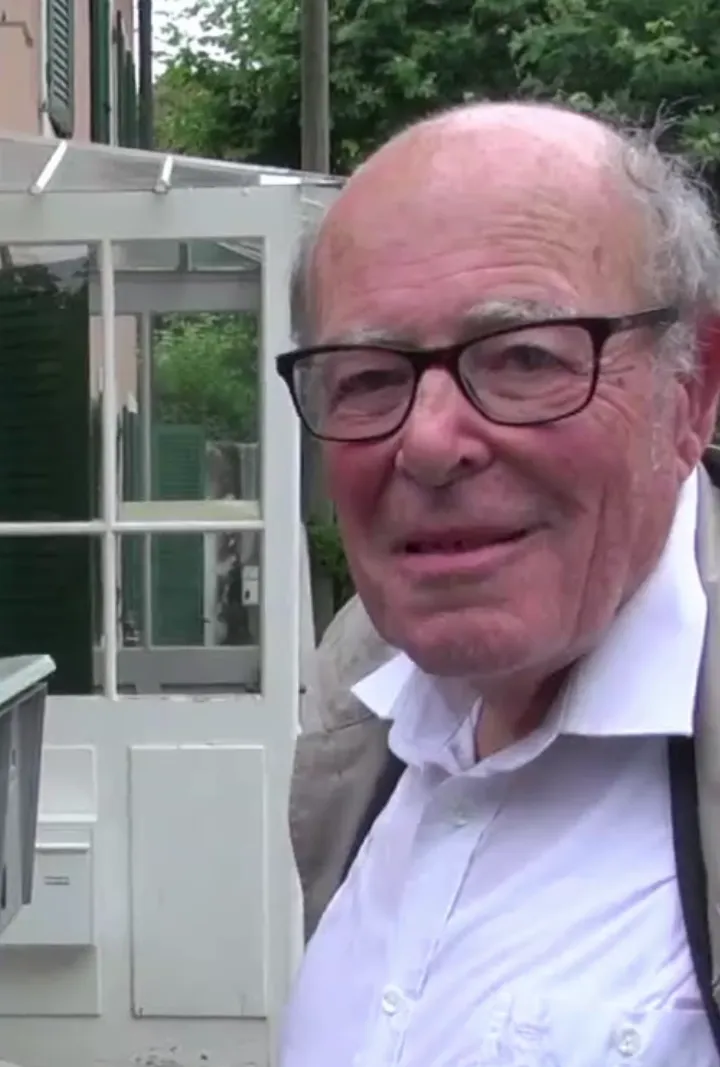
In the wake of their public encounter in 2009, Marcel Ophuls and Jean-Luc Godard planned a collaborative essay film about the histories and future of the Middle East. Godard abandoned the project before shooting began, and Ophuls continued by adapting the style he had developed from The Sorrow and the Pity (1969) to The Troubles We've Seen (1993). The initial funding soon ran out, but Ophuls kept attempting to give shape to the edited fragments until shortly before his death in 2025. Presented here is the final form of the unfinished film. With English subtitles.
-
TitleGodard-Ophuls: The EncounterTypefilmRelease Date17 Oct 2025 Recently Updated
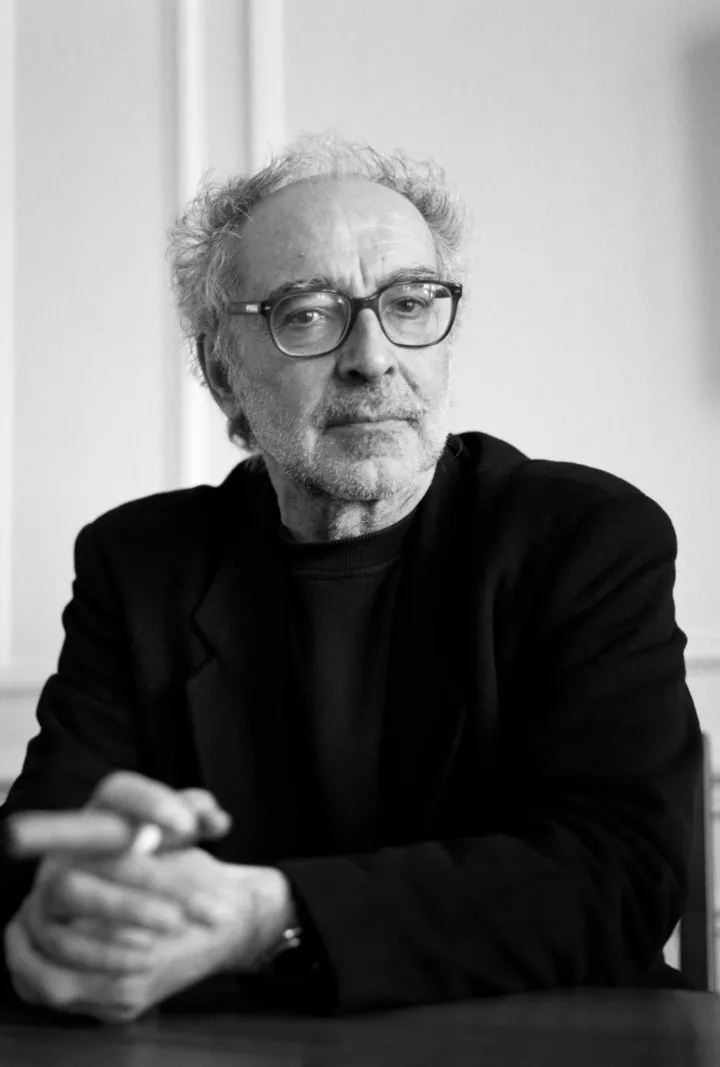
In 2009, Jean-Luc Godard and Marcel Ophuls had a public dialogue in Geneva. The two filmmakers had known each other for five decades and they had become increasingly preoccupied with the relationship between film history and the cataclysmic events of the 20th century. Their exchanges are both insightful and deeply revealing. They also set the stage for the planned collaboration that eventually became Disagreeable Truths. With English subtitles.
-
TitleThe Salvation HuntersTypefilmRelease Date10 Oct 2025 Recently Updated
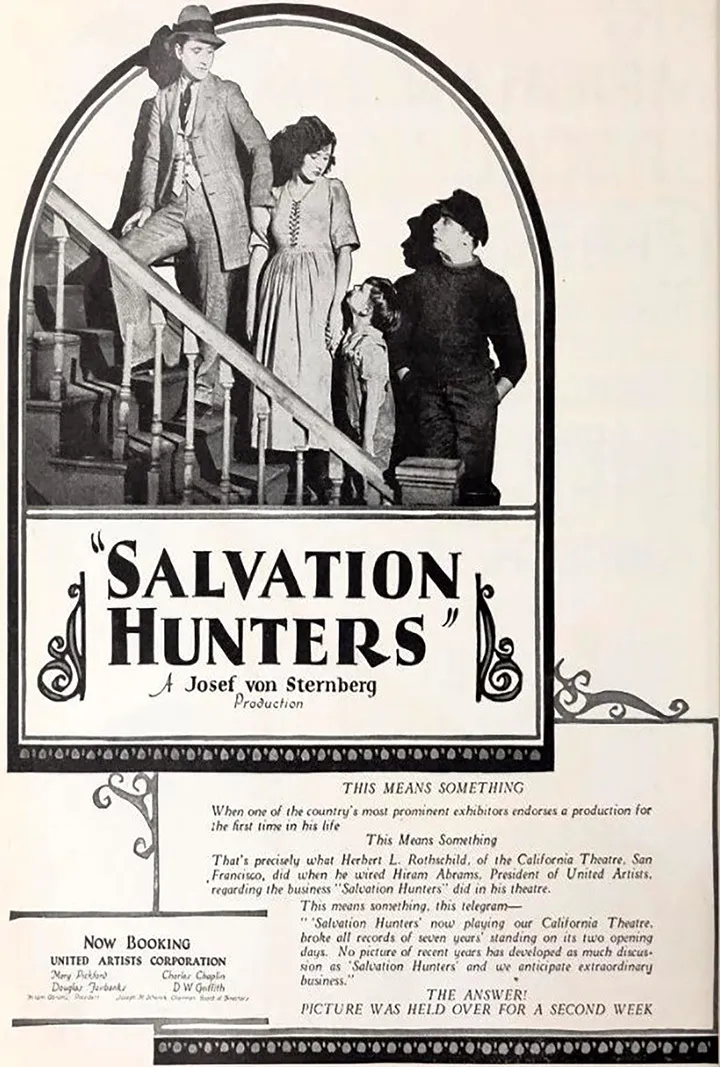
Josef von Sternberg's debut feature already demonstrates the meticulous composition, gestural rhymes, graphic tension, and plastic force that would soon make him one of cinema's preeminent stylists. Made independently for $5,000 and shot on location throughout the Los Angeles area, the film received the backing of United Artists after Charles Chaplin and Douglas Fairbanks were cajoled into a private screening (lead actress Georgia Hale would co-star in The Gold Rush the next year). The Salvation Hunters was celebrated at the time for unadulterated realism, but it now seems like a unique synthesis of pictorialist atmosphere, Symbolist psychology, and Expressionist space. Its mood and sensibility anticipate the postwar filmmaking of Stanley Kubrick and David Lynch. Restoration courtesy of the UCLA Film and Television Archive and the Austrian Film Museum. Original Score by Dreamscope Trio.
DirectorJosef von SternbergGenre(s)Silent Film, Art Film, Avant-GardeYear1925 -
TitleHis Girl FridayTypefilmRelease Date03 Oct 2025 Recently Updated
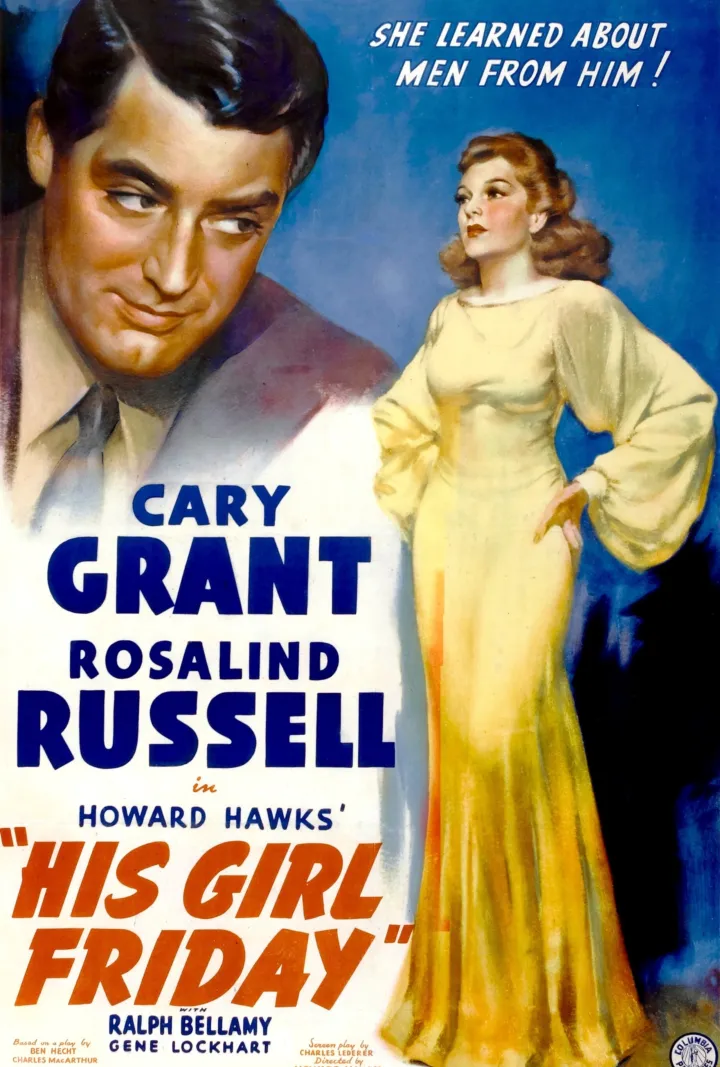
His Girl Friday is the paradigmatic screwball comedy and a quintessential example of the Depression-era "comedy of remarriage." Rarely have rapid-fire dialogue, gesturally precise performance, nuanced mise-en-scène, Classical Hollywood lighting, and invisible editing been so seamlessly integrated. The most quietly acerbic of all newspaper films, it provides insights into the vagaries of politics and journalism that are as incisive now as they were when the film was released.
-
TitleFilmmakers in the GalleryTypeexhibitionRelease Date26 Sep 2025 Recently Updated
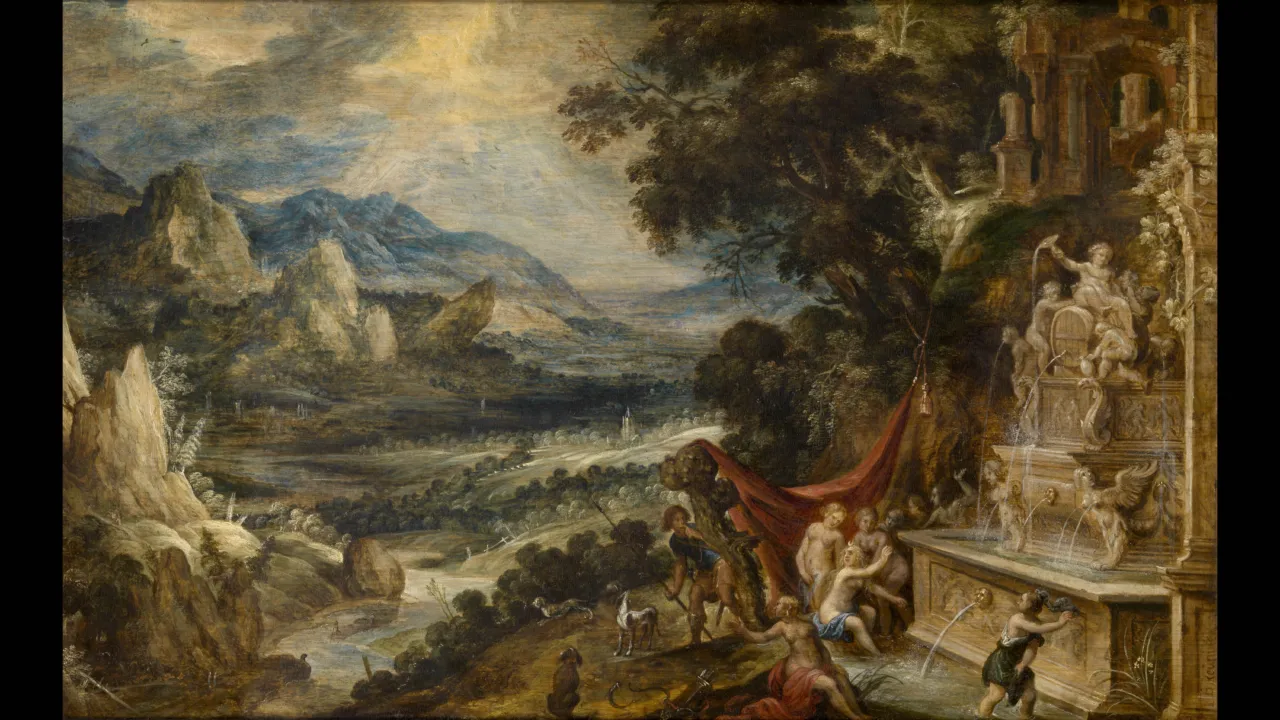
"Cinematic Legacies of Flemish Art," a conversation with Arnaud Desplechin, is the first in a continuing series.
TypeTheme -
TitleThe Troubles We've SeenTypefilmRelease Date19 Sep 2025 Recently Updated
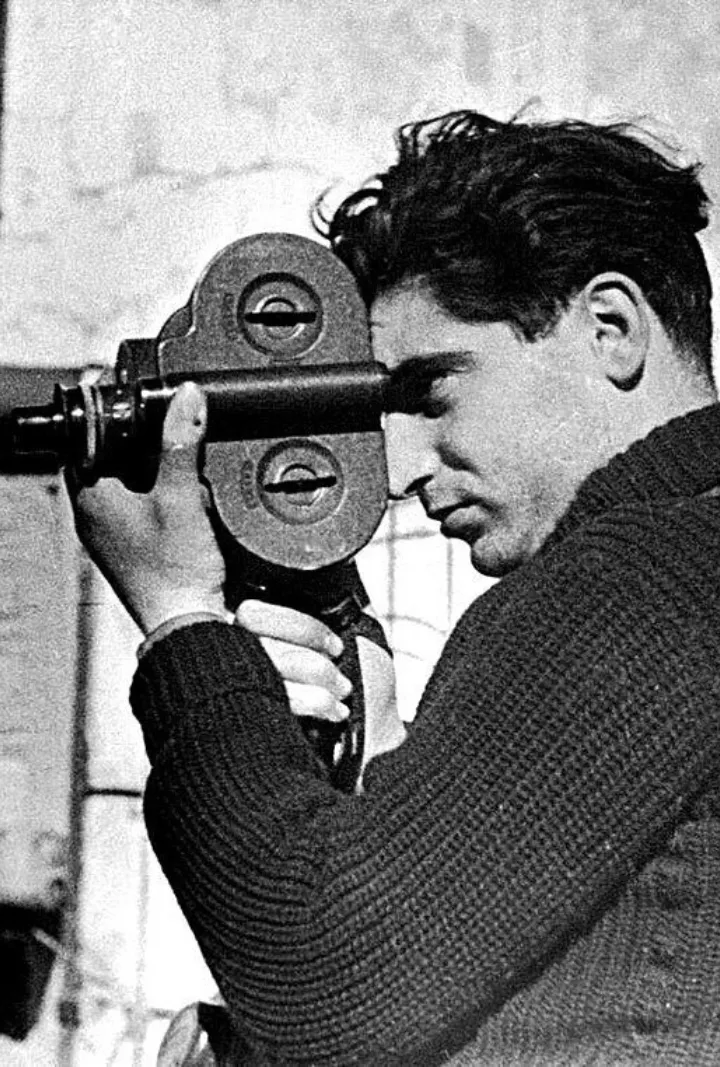
The last epic of Marcel Ophuls is one of his most structurally complex. Shot during the Yugoslav Wars of the 1990s, it includes startlingly frank discussions with French, American, and British journalists as well as participants from all sides. By interweaving a contemporary train journey through the Balkans and extracts from films such as His Girl Friday (Howard Hawks, 1940), Ophuls transforms The Troubles We've Seen into an ambitious reflection on documentary, shifting media environments, and the relationship between cinema and history. With English subtitles.
-
TitleYorktownTypefilmRelease Date05 Sep 2025 Recently Updated
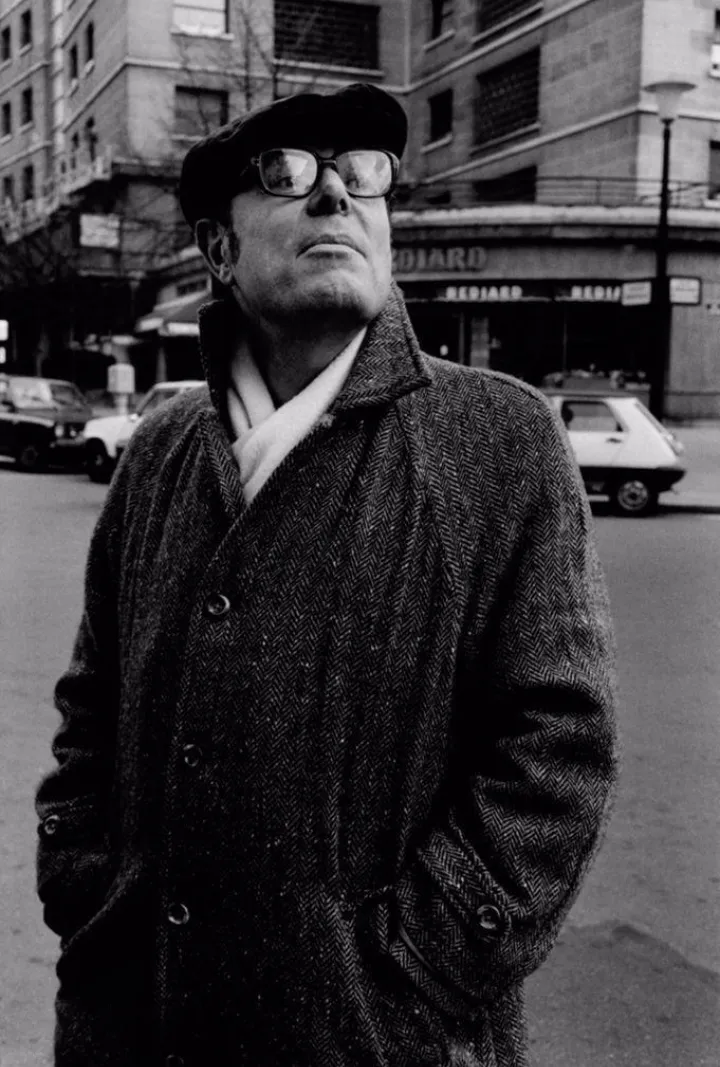
The least seen, most surprising, and most joyous of Marcel Ophuls's major films is a shapeshifting investigation into the 1781 Battle of Yorktown, where a combined American and French force decided the American Revolution. By playfully combining footage of the bicentennial commemorations with various forms of restaging, Ophuls explores the different interpretations of the Revolution, the relationship between the eighteenth and twentieth centuries, and the complexity of one of the world's most enduring alliances. With English subtitles.
-
TitleNovember DaysTypefilmRelease Date29 Aug 2025 Recently Updated
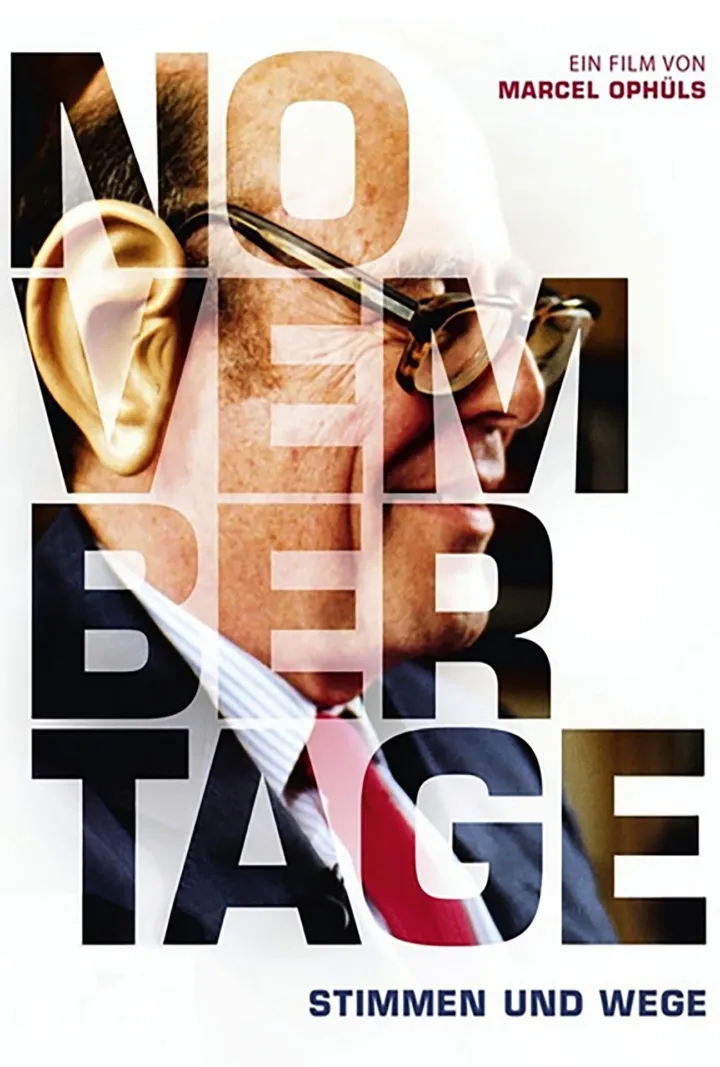
Made in the period between the fall of the Berlin Wall and full German reunification, November Days is a reckoning with a country where time was still out of joint. Through adventurous montage, Ophuls relates the perspectives of very different individuals, from advocates for transition and reform to petty bureaucrats and legendary Stasi spymaster Markus Wolf. What results is a complex portrait of East German society on the eve of its vanishing. With English subtitles.
No upcoming releases